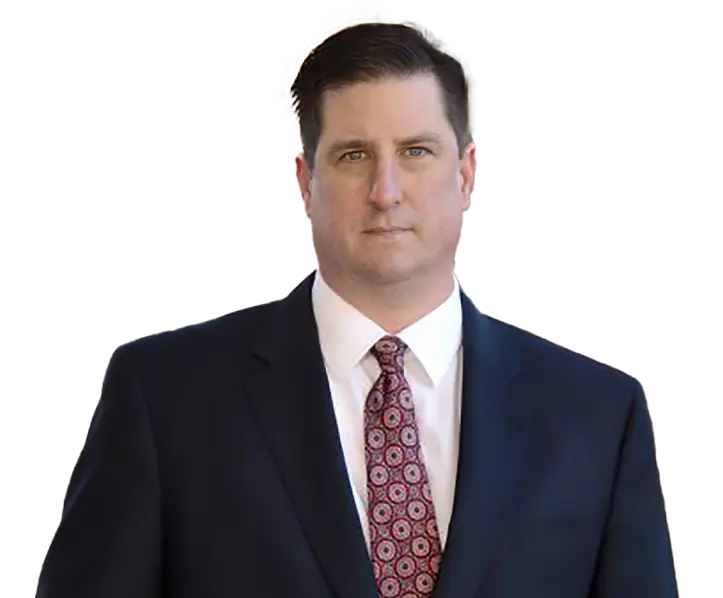
After Shaken Baby Syndrome gained a strong foothold as the preferred medical diagnosis for infants who presented with the triad, legally the diagnosis became synonymous with “clear unrefutable evidence of abuse.” Because no other “reasonable” explanation existed, once a child (particularly non-moving infants) had been diagnosed with the triad or SBS, defending such an allegation seemed impossible. Even though the theory of SBS and the causal link between shaking and triad had never been tested, it had also not been “disproved” because the pure scientific method cannot be employed to test the theory. Hence, convictions for child abuse seemed to be of common course, that was until the Louise Woodward case and subsequent research.
The Woodward trial involved a British nanny who was charged in the death of an infant child for whom she cared. She was assumed to have been the aggressor because she was responsible for the primary care of the child, and the parents’ grief appeared to be genuine. In her trial, the prosecution presented the standard evidence of SBS. However, unlike previous cases, this time the defense did successfully challenge the validity of SBS and a viable alternative explanation was put forth. Very well known experts, including Dr. Jan Leetsma and Dr. Ronald Uscinski, testified that the observed subdural hemorrhage was not new or recent, but rather was in fact an old injury that rebled, absent any significant recent trauma. The presenters of this explanation were attacked by supporters of SBS, suggesting courtroom theatrics. However, the idea of dural rebleeds would be subsequently supported by research and become generally accepted.
Due to the publicity of the Woodward case, renewed interest in the validity of SBS led to new research. Of primary importance was the work conducted by Dr. Geddes, a British neuropathologist. Her research consisted of a series of studies involving microscopic examinations of the brains of infants who reportedly had died from abuse. Her work produced two important findings. First, she found the global brain injury in the infants was actually hypoxic or ischemic. Hypoxia-ischemia is a condition in which the brain is globally deprived of oxygen, which in-turn leads to death. This was in contrast to the SBS idea that the brain damage was related to torn axons or nerves. Particularly, Geddes found that the amount of blood seen in the infants brains was far less than would be expected from a ruptured bridging vein. Her second finding was that there was virtually no or very little difference in the brain pathology of infants who die from naturally arising hypoxia-ischemia conditions (heart attack, loss of breath, infection) than those infants who were alleged to have been traumatically assaulted.
The work of Dr. Geddes and the Woodward trial began to cause a serious rift in the support for SBS. The rift was further widened when biomechanical engineers began to publish research that cast serious doubt on shaking as the cause of the triad.
In order to cope with the increasing challenges, the supporters of SBS made a change in terminology away from SBS to AHT (abusive head trauma). This change in nomenclature resulted in three important advantages to the supporters of SBS/AHT. First, unlike SBS, AHT allows for an endless variety of possible causes for the presence of the triad. Second, the diagnosis of AHT relieves the proponent from the arduous task of actually having to provide a cause. The cause of abusive head trauma is abuse to the head to the extent that trauma is caused. Third, the use of AHT distances the supporter from the questionable history of SBS. However, once one understands the history of SBS, one can better see that all that has really changed is the name. Like SBS, AHT is a self-fulfilling prophecy, one in which its mere diagnosis implies the cause.
For those who seek to find the true explanation of the cause of their child’s injuries, I suggest that it is important that you not forget the surprisingly unscientific development of the idea you must combat.